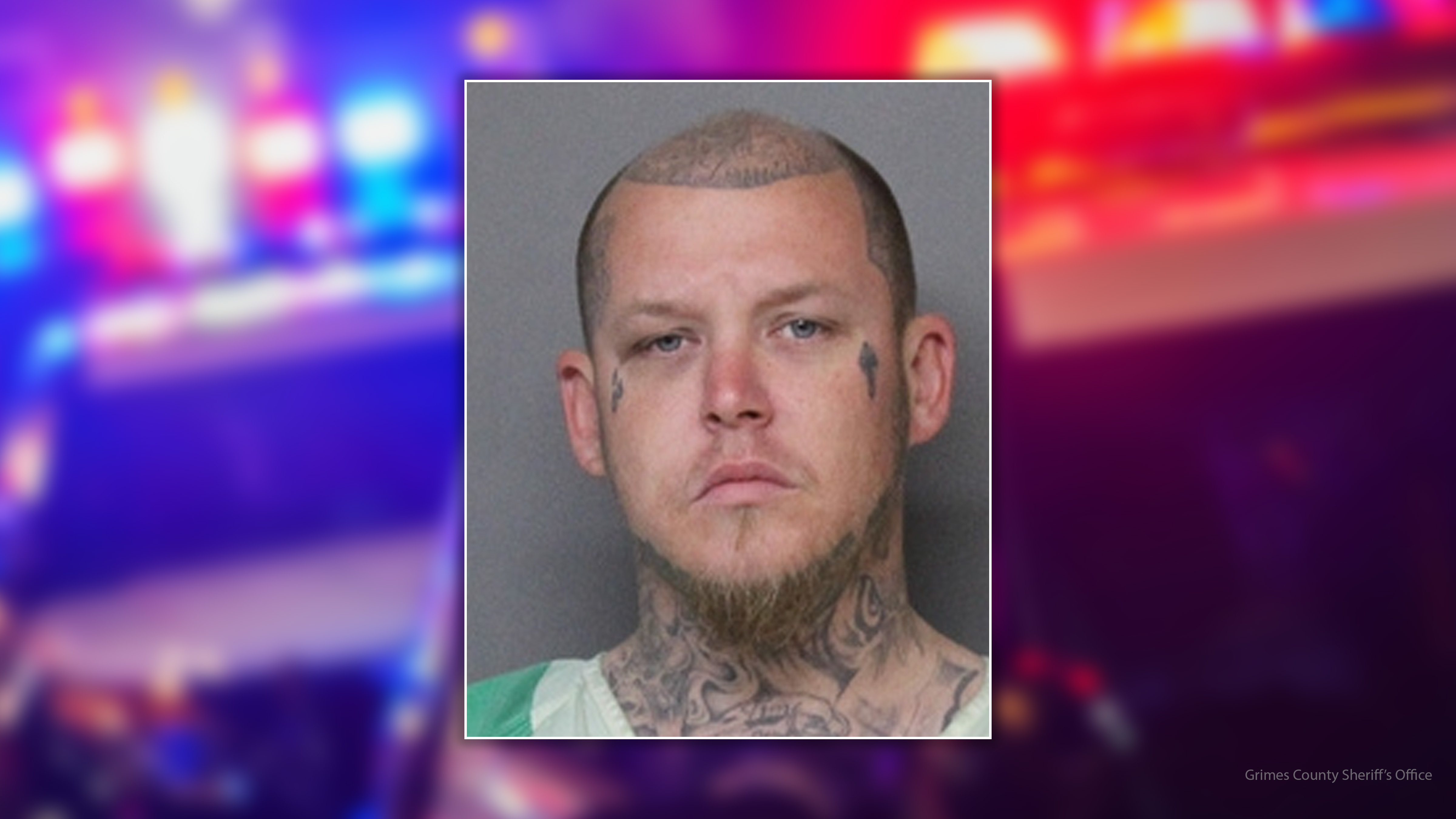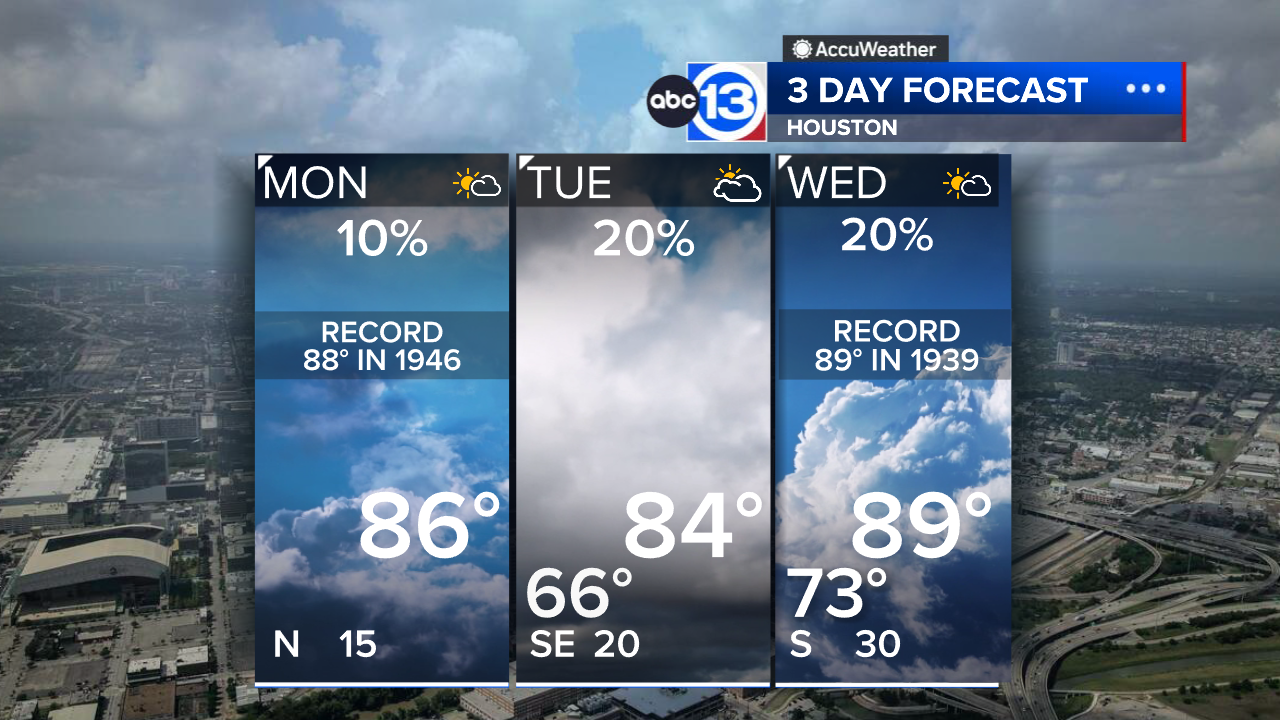Trump questions Harris' race in NABJ interview in Chicago, says VP pick 'does not have any impact'
His appearance had sparked criticism from some NABJ members
CHICAGO -- Former President Donald Trump's interview on Wednesday at the National Association of Black Journalists annual convention in Chicago kicked off with a contentious start as he falsely questioned Vice President Kamala Harris' race.
Throughout the appearance, Trump went on to say his vice presidential pick "does not have any impact" on the election and said he would pardon Jan. 6 rioters who assaulted police officers "if they're innocent."
ABC News Senior Congressional Correspondent Rachel Scott, Fox News anchor Harris Faulkner and Semafor political reporter Kadia Goba interviewed Trump on stage at the event.
ABC7 Chicago is now streaming 24/7. Click here to watch
The first question came from ABC's Scott, who asked about Trump's past inflammatory rhetoric toward women of color.
"I want to start by addressing the elephant in the room, sir. A lot of people did not think it was appropriate for you to be here today," Scott said. "You have pushed false claims about some of your rivals, from Nikki Haley to former President Barack Obama, saying that they were not born in the United States, which is not true. You have told four congressmen, women of color, who were American citizens, to go back to where they came from. You have used words like 'animal' and 'rabbit' to describe Black district attorneys. You've attacked Black journalists, calling them a 'loser,' saying the questions that they ask are, 'stupid and racist.' You've had dinner with a white supremacist at your Mar a Lago resort."

"So, my question, sir, now that you are asking Black supporters to vote for you, why should Black voters trust you after you have used language like that?" Scott asked.
"Well, first of all, I don't think I've ever been asked a question. So, in such a horrible manner, a first question. You don't even say hello. Who are you? Are you with ABC? Because I think they're a fake news network. A terrible network," Trump began.
When ABC's Scott followed up by asking him to answer her question, Trump responded: "I have answered the question. I have been the best president for the Black population since Abraham Lincoln."

The former president went on to mock Harris and when asked about Republican comments that she is a "DEI" hire, Trump deflected -- asking the journalist instead to define DEI, which she did repeatedly.
Trump also appeared to question Harris' race.
"I didn't know she was Black until a number of years ago when she happened to turn Black and now, she wants to be known as Black. So, I don't know, is she Indian or is she Black?" Trump said.

Harris is the daughter of a Jamaican father and an Indian mother.
"She has always identified as a Black woman," ABC's Scott responded. "She went to a historically Black college."
"I respect either one. I respect either one," Trump said. "But she obviously doesn't because she was Indian all the way, and then all of a sudden she made a turn, and she went -- she became a Black person."
Harris' campaign responded after the NABJ interview, saying Trump showed "hostility" on the stage that mirrored the "hostility he has shown throughout his life, throughout his term in office, and throughout his campaign for president."
"Today's tirade is simply a taste of the chaos and division that has been a hallmark of Trump's MAGA rallies this entire campaign," Harris campaign Communications Director Michael Tyler said in a statement.

"One major reason why many people didn't want to see him here today was because he's been so disrespectful to most particularly Black journalists," said ABC7 Political Analyst Laura Washington, who is attending NABJ. "And right out of the box, he went after Rachel Scott. That, to me was an emblem of who he is, and made the case for why we've been NABJ should not have invited him."
NABJ worked with Politifact to real-time fact check Trump's comments.
Trump's appearance had stoked some criticism, though others defended the decision to interview the Republican nominee for president.
"I wanted to hear something very different. I wanted to hear the facts. I mean, him saying that he's the best president since Abe Lincoln. Well, why, well how?" said Morgan Norris, an attendee and senior at Hampton University.
"You heard the claps and the cheers he was getting in the crowd. He has a lot of support in this community," said Cornel Darden, attendee and publisher of the Southland Journal.
Here are some other key highlights from the interview.
Why he was at NAJB
Trump's appearance at the convention came as he continues to try to court Black voters. With Harris' entrance into the 2024 election, Trump faces a stronger challenge with less than 100 days until the November contest.
Asked to clarify his reasoning for attending NABJ, Trump again tried to claim that migrants are taking "Black jobs" -- comments he has faced backlash over.
When asked to clarify what a "Black job" is, Trump said: "A Black job is anybody that has a job. That's what it is."

He then resumed his assertion about migrants and tore into Harris for her handling of the border. Trump and other Republicans have claimed she is the "border czar" though she was assigned by Biden to address the root causes of migration.
"He is yet to say what that [sic] he means by Black jobs. Any job is what he said. But it's a very denigrating term that African Americans and many people really wanted an answer. That was my number one question, what is a black job? And he didn't answer that question," said ABC7 Chicago Political Analyst Laura Washington, who is attending the conference as a journalist and attended the Trump panel.
On Vance's past comments and VP's impact
Trump attempted to play cleanup on his vice presidential pick Sen. JD Vance's comments on "childless cat ladies," reiterating his past remarks that Vance was simply talking about his love for family.
"What he's saying is that he thinks the family experience is a very important thing. It's a very good thing," Trump said.
"But that doesn't mean that if you grow up and you grow older and you don't meet somebody -- that would be wonderful to meet and would have been good -- that, that's a bad thing. He's not saying that. That would be my interpretation -- you'll have to ask him actually, but my interpretation is he's strongly family oriented," Trump continued.
Pressed further if he agrees with Vance that people with children should have more votes than those who don't, Trump dodged the question, again saying he believes undocumented immigrants should not have votes even though foreign nationals are already prohibited from participating in federal elections.
Trump then defended Vance as a successful person, praising him for going to Yale University.
Later asked if he believed Vance would be "ready on Day 1," Trump said he respects Vance but again said "I think this is well documented historically, the vice president, in terms of the election, does not have any impact. No impact."
On Sonya Massey and police immunity
Trump was also asked about Sonya Massey, a 36-year-old Black woman who was shot and killed in her Illinois home by a police officer, and whether that police officer should have immunity.
"I don't know the exact case, but I saw something," Trump said. "And it didn't look, it didn't look good to me."
Nonetheless, he went on to advocate for his campaign trail policy for indemnifying police officers.
"If a group of people would feel that somebody was being unfairly prosecuted because the person did a good job, maybe with crime, or made a mistake, an innocent mistake, there's a big difference between being a bad person, and making an innocent mistake, but if somebody made an innocent mistake, I would want to help that person," he said.
Pressed on how those distinctions would work, Trump couldn't give a specific answer, going on to praise police officers for having difficult jobs.
On age, cognitive abilities
Now that Trump is the oldest candidate in the race, the focus on age has shifted squarely to him.
Asked if he would step down if his health were declining, Trump said he would.
"Absolutely, if I thought I was failing in some way," he said, "I will go a step further, I want anybody running for president to take an aptitude test, to take a cognitive test. I think it is a great idea. And I took two of them and I aced them."
Trump said he'd "love" to take a cognitive test and agreed to make it public. He then suggested he'd ask Harris to do the same as he also asked Biden.
"To be clear, you don't think Harris would pass a cognitive test?" ABC's Scott asked.
Trump went on to float false claims that Harris did not pass her bar exam, when it was just her first bar exam that she didn't pass.
On pardoning Jan. 6 rioters
ABC's Scott asked Trump: "You have called yourself the candidate of law and order. When Time magazine asked if you would consider pardoning all the rioters, you said yes, absolutely. One hundred forty police officers were assaulted that day. Their injuries included broken bones, at least one officer lost an eye, one had two cracked ribs, two smashed spinal discs, another had a stroke. Were the people who assaulted those 140 officers, including those I just mentioned patriots who deserve pardons?"
Trump initially dodged the question, attempted to make a connection to the thousands of protesters against the war in Gaza converging on Washington, D.C., during Israeli Prime Minister Benjamin Netanyahu's visit last week where Trump has previously claimed that if they were Republicans, they'd be in jail.
Protesters on July 24, the day of Netanyahu's address to Congress, covered many areas near Union Station in extensive graffiti and an American flag was burned. Some were arrested for allegedly assaulting police officers, obstructing traffic or other unlawful activity.
"My question is on those rioters who assaulted those officers -- would you pardon those people?" Scott pressed.
"Absolutely, I would, if they're innocent, I would pardon them," Trump said.
"They've been convicted," ABC's Scott pushed back.
ABC7 Chicago political reporter Craig Wall contributed to this report












